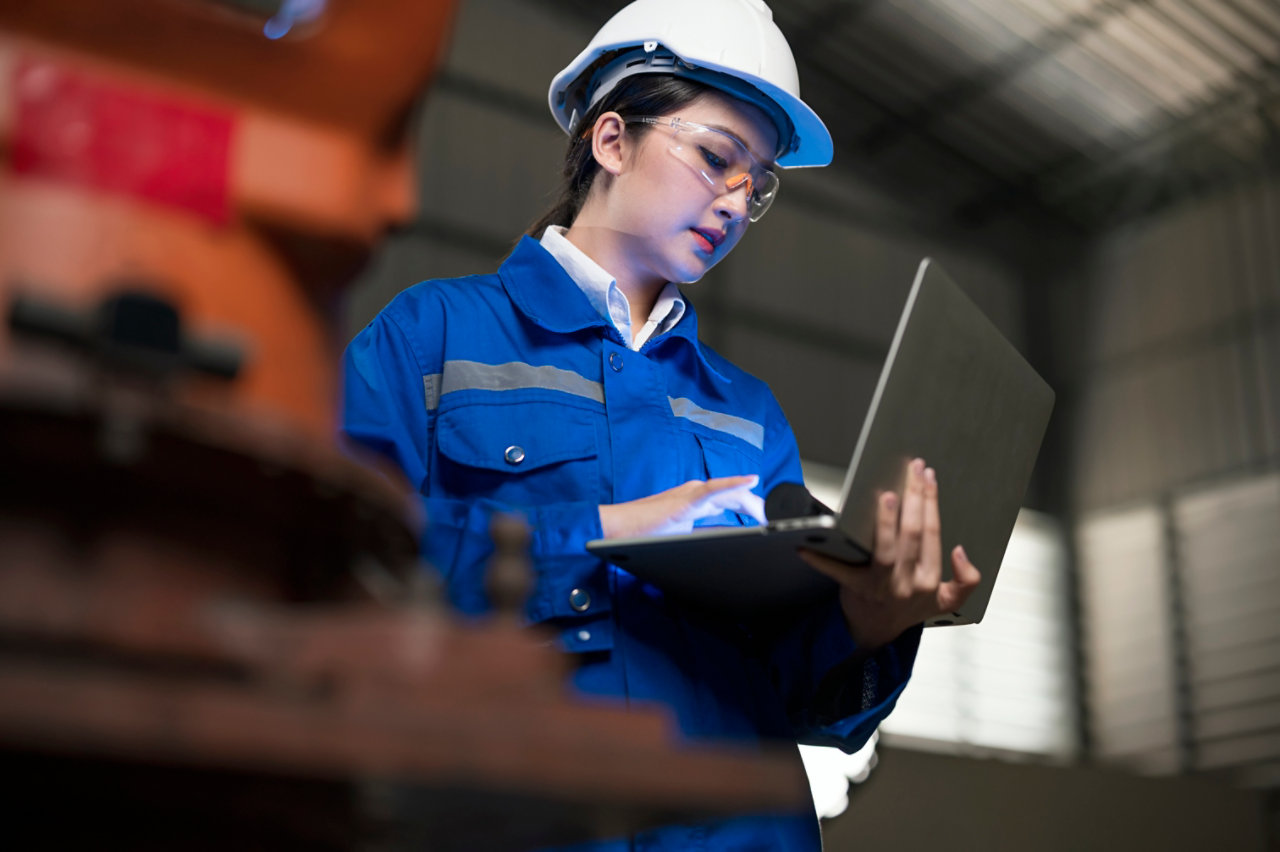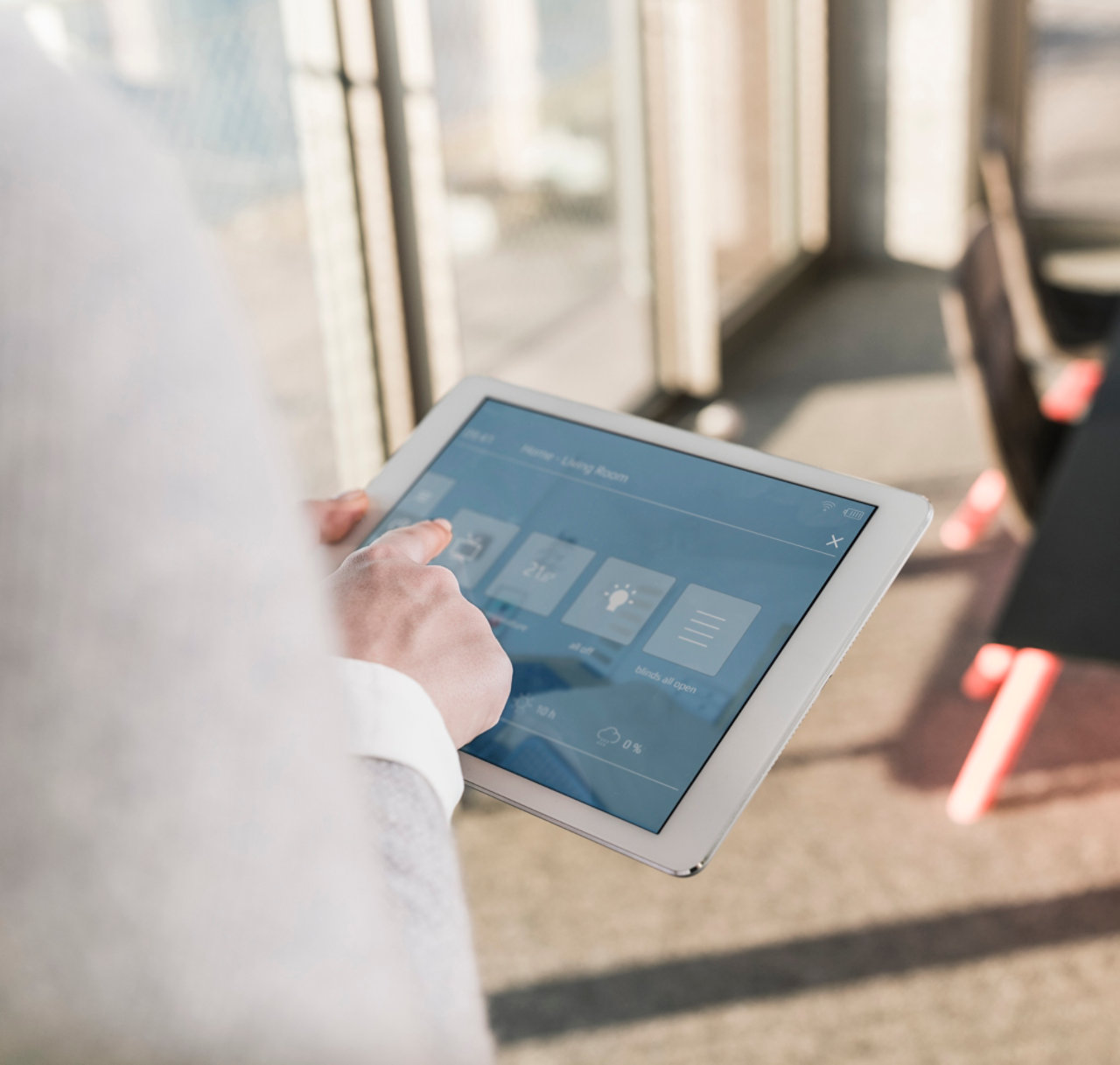There used to be a time when we would “log off” the internet. We’d shut down the computer, hang up the modem and… do whatever it is we used to do in a world before we were permanently online. Today, it isn’t just our laptops and our phones that are connected. Thermostats can be controlled over the web, robot vacuum cleaners patrol our kitchens, and some of us even have smart toasters making us breakfast. IoT is slowly taking over our homes.
In my role as BT’s Head of IoT Research, I know that this is even more true of the office, the farm and the factory floor. What is the Internet of Things? devices are the future of every business. Connected devices, packed with sensors are already transforming the way entire industries and sectors work. So if you want to be a business fit for the connected future, it is time to embrace IoT.
The great thing about IoT is that the benefits can be realised almost immediately. In fact, this was clear from the first ever IoT device.
The power of IoT
In 1991, the computer laboratory at Cambridge University realised they could use a camera connected to the internet to see if the coffee pot was full or not. It was a simple idea, but it saved the scientists from disappointment after a long walk down the corridor. 30 years on, and the world is awash with sensors all feeding back tiny nuggets of data that when added together, have the power to not just help us quench our thirst, but to change our lives.
I saw this up close working in Manchester on the CityVerve Project. This was a £15m collaboration between BT, local authorities and dozens of SME technology partners to explore the potential of IoT at scale, as a prototype for a truly smart city. Our goal was to create a data platform for generating actionable insights to tangibly improve city life.
For example, we took traffic data from Manchester’s transport authority, and air quality data from sensors placed around the city. By analysing the data together, we were able to learn about the relationship between congestion on the roads and pollution in the air. And using these insights, we were able to design interventions using digital signage and traffic light phasing to improve air quality across the city.
What’s brilliant about IoT is that the transformation is greater than the sum of its parts. By the end of the project, we had around 400 different systems feeding in data. In isolation, each sensor might enable marginal improvements on their own. But collect enough data together, and you have a transformative set of real time insights to drive real improvements in how you work.
Big opportunity for SMEs
Last year, BT commissioned The Future in 2020 survey to understand business attitudes towards a number of new and emerging technologies, and the results surprised me. Just 20% of businesses today are taking advantage of IoT, and a meagre 11% say that they plan to adopt IoT technology in the next five years.
Though these numbers are disappointing, I think that they’ll inevitably change as businesses learn more about IoT. The competitive advantages of using IoT to make your business more efficient and more flexible are too significant to ignore. I think this is especially true for SMEs.
According to our figures, IoT is used by 29% of large businesses with more than 1,000 employees. By contrast, The Future in 2020: SMEs trends report. But this demonstrates the scale of the opportunity, because it’s small and medium-sized businesses that have the most to gain from IoT.
Why? Because SMEs will not be weighed down by legacy infrastructure, and the cost of transformation will be lower. If they can leverage IoT effectively, small businesses could very quickly find themselves becoming a large business in the new connected world. If more work can be automated with robots, or made more efficient with sensors and AI analysis, then it means that the SMEs who can move most quickly will be able to offer high quality products at lower costs, gaining a significant edge over slow competitors.
Transforming even traditional industries
In my view, IoT is a technological revolution, and it’s a revolution that’ll impact even the most traditional businesses. My favourite example of this is to look at how it’s changing farming. You might imagine this is an industry a million miles away from Silicon Valley, but an “Internet of Cows” already exists. Seriously.
This sounds like a joke, but is very real and utterly transformative. By placing a tracker on each cow in the herd, farmers can make sure their animals are safe by monitoring their GPS position, and they can check they’re healthy by using temperature sensors.
Similarly, IoT is also playing a transformative role in the natural environment. Last year, BT teamed up with the University of Stirling in Scotland to build out a network of environmental sensors across the Forth Valley region.
This network provides detailed, real time information on things like water quality in the region’s reservoirs, and will provide early warnings of flooding. But what I find most exciting is that like we learned in Manchester, by bringing this data together, we can empower the entire region, from the fisheries, to the distilleries, to the shipping and oil and gas industry.
Simply put, the advantage of IoT is that it provides a level of detail and precision that the old ways of doing business simply cannot match. This is why IoT is a revolution. It presents an opportunity for every business to go beyond incremental improvements, and instead achieve a step-change in productivity.
The 5G opportunity
The growth of IoT over the last few years is not a coincidence. It’s been driven by two major factors: the miniaturisation of components, and the fall in the cost of manufacturing them. This is largely thanks to the smartphone taking over the world. Many IoT devices, on the inside, use exactly the same chips and cameras as our phones.
And it’s another mobile technology that is driving the next phase of the IoT revolution: 5G.
5G means that connections are faster, more reliable and crucially for IoT, lower-latency. The time it takes to send signals between the sensor and the cell tower is reduced. On our phones, this just means that we don’t have to watch the spinning “buffering” icon for a second when hitting “play” on a video, but for IoT devices, it enables millisecond-perfect accuracy.
It means that in smart factories sensors can feedback data more quickly, and in greater quantities, to other devices. Decisions that are traditionally taken by humans can be taken by robots acting based on the real-time data. That means an enormous productivity boost.
And it unlocks new possibilities from other emerging technologies such as virtual and augmented reality. Maintenance engineers will be able to view real-time data overlaid on to the machine they are repairing, meaning faster work with fewer mistakes.
Even remote surgery becomes a possibility, with doctors thousands of miles from the patient able to make use of real-time, 360-degree video to perform the most delicate of operations.
Ultimately though, I think IoT means that however effectively your business is working now, it will have to work even harder in the future. The transformation has already begun rippling through every industry. It’s an opportunity to make your business work even better in a connected world.
So look past the robot vacuum cleaners and wifi toasters. IoT is not a toy. In fact, if you’re thinking about what is next for your business, now is the time to explore IoT.





